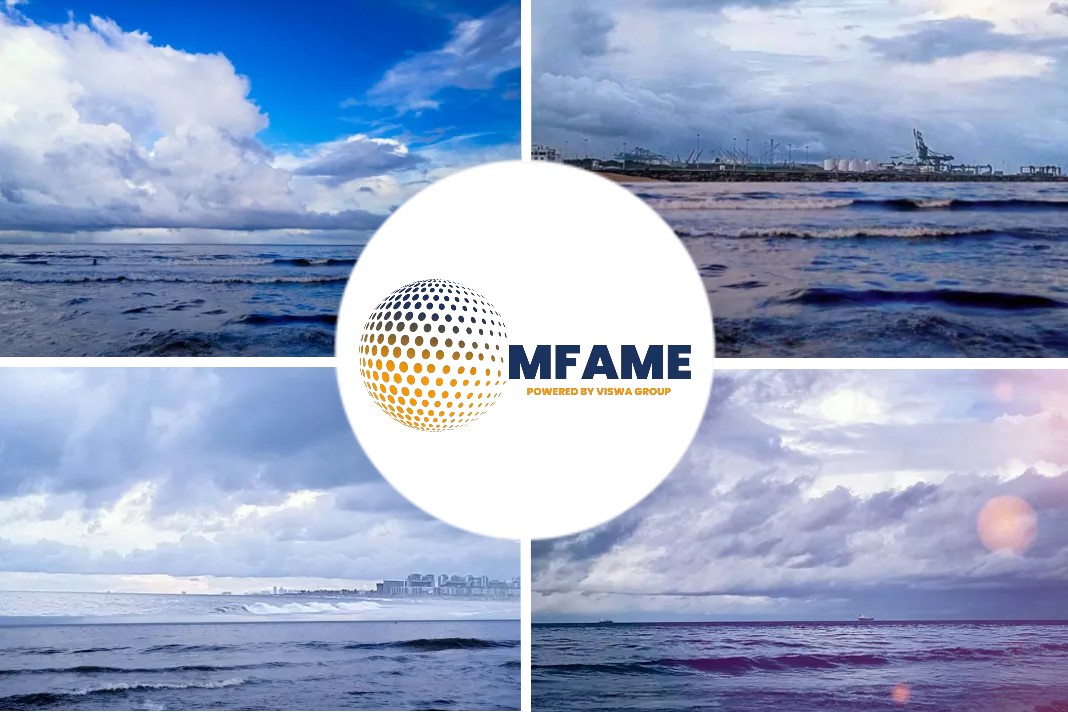- Athens is going to be the home for the Tanker Shipping & Trade Conference, for the second time.
- Athens also gave the concept of Democracy which has been in practice since 500 BC.
- Today Greece is the base for many important Tanker owners and operators.
It is appropriate that the Tanker Shipping & Trade Conference, Awards & Exhibition returns to Athens for a second time. The city has played an important role in shipping and trade in the Mediterranean since 300 BC.
While its influence may have occasionally waned, in the current century its importance as a center of shipping is undeniable, says Riviera.
Origin of democracy
We also owe Athens a debt for the concept of democracy, which is said to have been in practice here by 500 BC. One definition of democracy is “the practice or principles of social equality” and in some respects, decarbonisation could be defined as “the practice or principles of carbon emissions equality” in that shipping has chosen to regulate itself and equalize/lower its carbon emissions through a collective effort.
Origin of decarbonisation
The collective effort towards decarbonisation is the dominant issue in shipping today and it is hard to imagine a time when a shipping product or service did not have a decarbonisation perspective; but in reality, decarbonisation is a relatively recent development.
The word first appeared in a Riviera Maritime Media publication less than 10 years ago, and from that point onwards the growth in its usage has been spectacular.
Mediterranean center
It is appropriate then that Greece, which became a center of shipping and trade in the Mediterranean in 300 BC and today is the base for many important tanker owners and operators, should be the location for furthering the debate on decarbonisation.
Greek owners are now taking on a greater burden, providing the supply of large tanker tonnage to meet the lower carbon emissions requirements of today’s charterers.
Pivotal role
Furthermore, Greek tanker owners have always played a pivotal role in the sale & purchase market. It is likely that in the run up to the deadlines of 2030 and 2050.
It will be Greek owners that lead the retrofit installation of carbon emissions reduction technology among the older generation of tankers – from dual-fuel engine conversions to hull air lubrication.
Logistics chain
On the not-so-distant horizon there is the promise of ammonia- and hydrogen-fuelled vessels. For decarbonisation to work in practice an infrastructure must be developed to supply these new fuels.
That will almost certainly require tankers to provide the deep-sea element of the logistics chain.
Future fuels transition
To paraphrase one Greek shipowner, ‘God favoured shipowners by placing the raw materials on the other side of the world from the end users’. That rule has applied for decades to tanker shipping and trade in crude oil and products.
The same rule will apply to tanker shipping and trade as we transition towards the future fuels that will form the post-decarbonisation era.
Did you subscribe to our Newsletter?
It’s Free! Click here to Subscribe.
Source: Riviera















